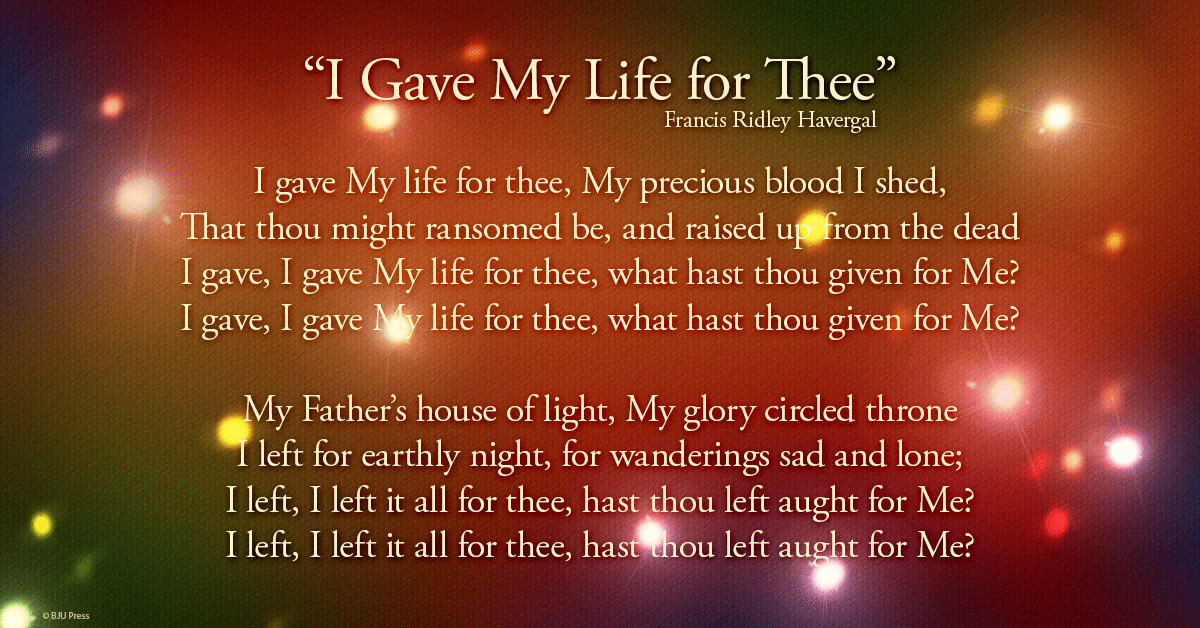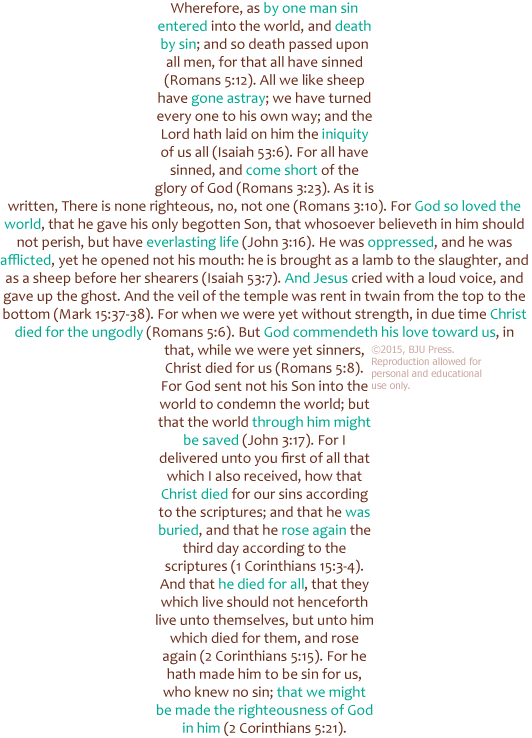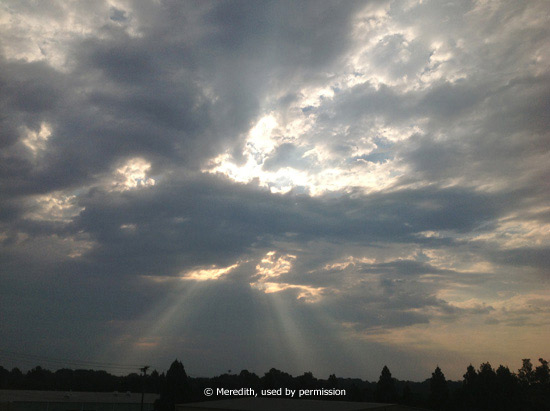In 1858, Francis Ridley Havergal visited a museum in Dusseldorf, Germany, and viewed a painting depicting the crucifixion. Next to the painting was this caption: “I did this for thee; what hast thou done for Me?” That question inspired her to write the poem that became the text of the hymn “I Gave My Life for Thee.”1
 All four stanzas of this hymn text often come to my mind during the Christmas season because Christmas involves so much giving. We give gifts to family members and friends. We give toys to underprivileged children. We give money to help families suffering from a natural disaster or devastating diagnosis. The list goes on and on.
All four stanzas of this hymn text often come to my mind during the Christmas season because Christmas involves so much giving. We give gifts to family members and friends. We give toys to underprivileged children. We give money to help families suffering from a natural disaster or devastating diagnosis. The list goes on and on.
But sometimes, even in the midst of all this giving, we lose track of the Person who gave the most. Instead, we get caught up in the shopping, the parties, and even the gifts themselves. We hurriedly call a friend to celebrate the amazing shopping deal we just got, but we pass right by the sales clerk without even thinking about taking the time to give her a gospel tract. At this time of year, we need to be reminded of the precious gift of salvation that we possess. We need to be reminded of the immense price that Christ paid to accomplish our redemption.
The Gift
Francis Havergal’s hymn text reminds us of what Christ left behind when He came to earth. He left the glories of heaven (Philippians 2:7). This is not just a story about a prince becoming a pauper—Christ’s humiliation was far greater. We read in John 3:17 that “God sent not his Son into the world to condemn the world; but that the world through him might be saved.”
That salvation came with a price. The price was incomprehensible suffering and death on a cross. The Gospel of Luke takes several chapters to tell how Jesus endured beatings, mocking, betrayal, desertion, false accusations, physical agony, and even separation from God the Father. He did it all out of love for us, His lost creation.
Thankfully, Christ’s suffering and death aren’t the end of the gospel story. After three days in the tomb, Christ rose from the dead. God’s redemptive plan was complete.
Our Response
Francis Havergal’s hymn text also encourages us to think about our response to the gift of the gospel. We can’t just say “thank you” and move on like we would after receiving a sweater or a box of homemade cookies. Doing so would cheapen the gift. Instead, our gratitude should transform us.
This Christmas season, take time to share the gift of the gospel. Talk to your neighbors about what Christ did for them. Hand out tracts when you’re out shopping. Invite an unsaved relative over and share how Christ has transformed your life. People need the gospel more than anything else you can give them.
1. Francis R. Havergal, “I Gave My Life for Thee,” Majesty Hymns (Greenville, SC: Majesty Music, Inc., 1997), 546.


